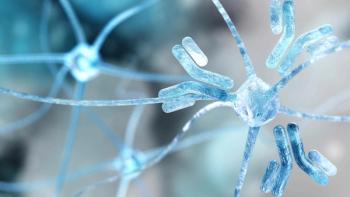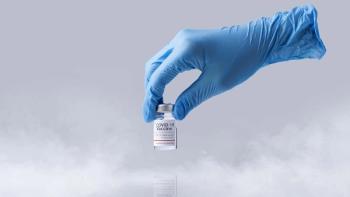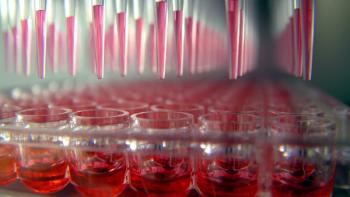
Careful selection is essential for achieving viscosity reduction without protein destabilization.

Careful selection is essential for achieving viscosity reduction without protein destabilization.

Borrowing is good, but invention is best.

Eli Lilly and Company are investing $700 million into a Boston-based facility for the newly announced Institute for Genetic Medicine.

Alvea has begun preclinical testing of a scalable, shelf-stable DNA vaccine against SARS-CoV-2 variants.

ImmunoGen and Eli Lilly and Company have entered into an agreement that gives Lilly exclusive rights to research, develop, and commercialize ADCs designed for targets selected by Lilly from ImmunoGen’s camptothecin technology.

Bio-Rad’s four new antibodies will develop highly selective and sensitive assays for bioanalysis and drug monitoring of pertuzumab and its biosimilars.

Eli Lilly and Company has entered into a research and collaboration agreement with Entos Pharmaceuticals to develop new therapeutics for treating neurologic disorders.

A rich clinical pipeline of regenerative medicine product candidates bodes well for a robust future.

Experience is an invaluable asset for outsourcing partners, particularly as more challenging method development services are in demand.

Shifting demands from industry innovators is leading to an increased need for flexible and agile outsourcing partners offering broad and integrated models.

In their collaboration, Bristol Myers Squibb and Prellis Biologics aim to generate human antibody libraries for select targets to enable drug discovery.

Fosun Pharma and Insilico Medicine will collaborate on AI-driven drug discovery and development of product candidates targeting multiple disease targets.

The collaboration between Bristol Myers Squibb and Century Therapeutics will combine Century’s iPSC-derived allogeneic cell therapy platform with Bristol Myers Squibb’s expertise in cell therapy and oncology drug development.

The COVID-19 pandemic generated partnerships among organizations with the goal of changing the way in which assay development and tech transfer of these assays are conducted moving forward.

The urgency with which COVID-19 forced the biopharma industry to produce therapies has refocused the search for new tools to enable rapid therapeutic responses to a pandemic.

The agreement expands Pfizer’s access to LNP formulation technology for mRNA vaccines and therapeutics.

FDA has cleared an IND from Poseida Therapeutics, allowing continued development of the company’s allogeneic CAR-T cell therapy candidate for treating multiple solid tumors.

Warp speed is amazoning pharma practices and protocols.

Although mRNA and viral vector vaccines have been top of mind for COVID-19 treatments, other technologies and treatments are emerging—along with new variants.

Modeling techniques can improve process control and monitoring in biopharmaceutical production.

Qualified algorithms enable validation of machine learning models that can be used for process optimization.

New and emerging biotherapeutic molecules drive the need for innovative solutions to meet cold-chain requirements.

Multispecific analysis is complex but can be achieved using appropriate strategies.

Amgen and Syngene International have extended their research collaboration to 2026.

Genezen has opened its new process development and analytical lab for viral vector production.